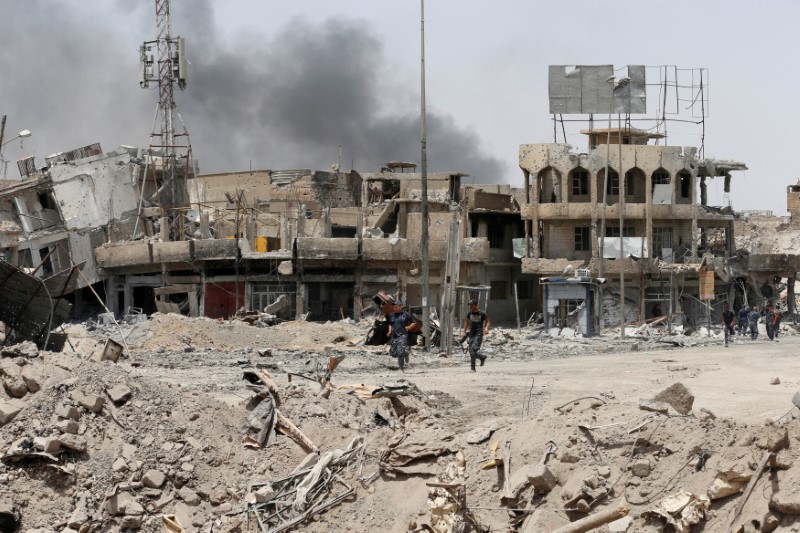
By Alex Dobuzinskis and Gina Cherelus
(Reuters) – Authorities in Houston charged a 25-year-old man on Monday with trying to blow up a Confederate statue, federal prosecutors said, following demonstrations and fierce debate in the United States about race and the legacy of America’s Civil War.
Word of the arrest of Andrew Schneck came just hours after the University of Texas at Austin said it moved statues tied to the Confederacy at its campus because they had become “symbols of modern white supremacy and neo-Nazism.”
White nationalists rallied earlier this month against proposals to take down a similar statue in Charlottesville, Virginia, and one woman was killed when a man crashed his car into a crowd of anti-racism counterprotesters.
The violence triggered the biggest domestic crisis yet for President Donald Trump, who provoked anger across the political spectrum for not immediately condemning white nationalists and for praising “very fine people” on both sides of the fight.
On Saturday night, a park ranger spotted Schneck kneeling in bushes in front of the General Dowling Monument in Houston’s Hermann Park, Federal prosecutors said in a statement.
In Schneck’s possession were a timer, wires, duct tape and two types of explosive including nitroglycerin, according to the prosecutors who described it as one of the world’s most powerful explosives. The items could have been used to make a viable explosive device, the prosecutors’ statement said.
If convicted of trying to maliciously damage or destroy property receiving federal financial assistance, Schneck faces up to 40 years in federal prison and a fine of up to $250,000.
“It’s an evolving situation and the investigation is continuing,” Schneck’s attorney, Philip Hilder, said by phone. “So far I have not seen any evidence and it would be premature to comment at this time.”
A growing number of U.S. political leaders have called for the removal of statues honoring the Confederacy. Civil rights activists charge they promote racism while advocates of the statues contend they are a reminder of their heritage.
The city of West Palm Beach near Miami became the latest community on Monday to prepare to remove a Confederate symbol. The monument in a public cemetery belongs to the Daughters of the Confederacy, and it will be stored for the organization after its removal, Mayor Jeri Muoio told reporters.
Among the four statues removed overnight at the University at Austin was one of General Robert E. Lee, who led the pro-slavery Confederacy’s army during the Civil War.
Fenves said the statue of Lee and two others will be placed in the school’s Briscoe Center for American History and made available for scholarly study.
The school’s president, Greg Fenves, said in a statement that the monuments had to go following the “horrific displays of hatred” in Virginia that shocked and saddened the nation.
There are about 700 monuments to the Confederacy in public spaces across the United States, according to the Southern Poverty Law Center, with the majority of them erected early in the 20th century amid a backlash among segregationists against the civil rights movement.
(Reporting by Alex Dobuzinskis in Los Angeles and Gina Cherelus in New York; Editing by Matthew Lewis and Andrea Ricci)











